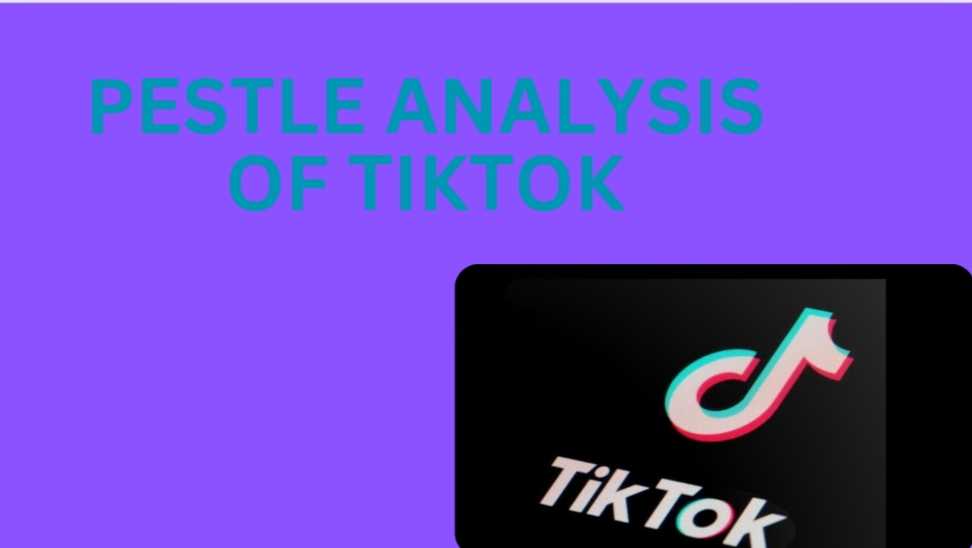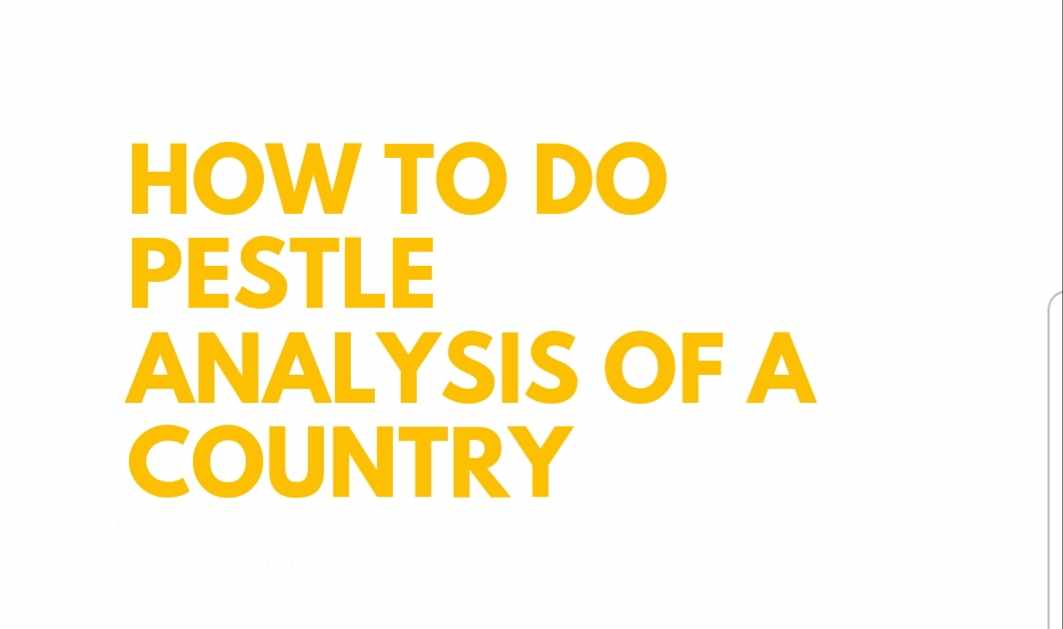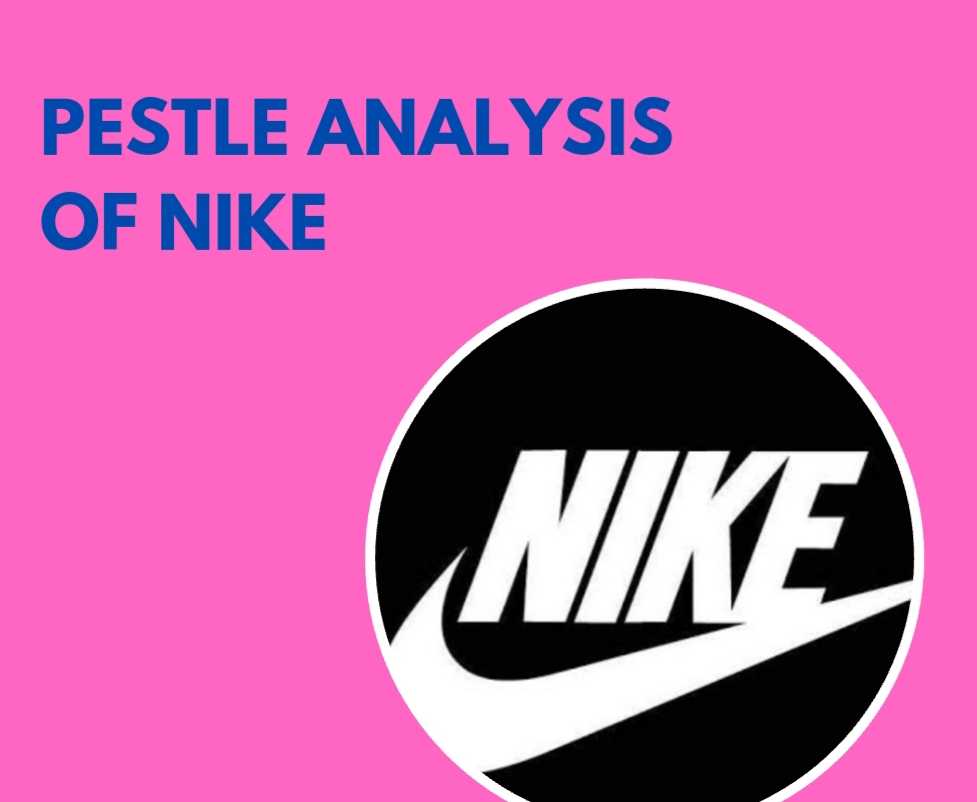TikTok, a rapidly growing social media platform known for its short-form video content, has become a global phenomenon since its launch in 2016. To understand its expansive influence and operational environment, a PESTEL analysis is essential. This framework examines the Political, Economic, Social, Technological, Environmental, and Legal factors that impact TikTok’s business and strategic decisions. By analyzing these external factors, we can gain insights into the opportunities and challenges TikTok faces in different markets, from regulatory scrutiny and economic shifts to evolving social trends and technological advancements. This comprehensive analysis will help illuminate the multifaceted environment in which TikTok operates, highlighting the critical elements that shape its global presence and future trajectory.
Table of Contents
TogglePolitical Factors of Tiktok
TikTok operates in a complex and dynamic political environment, which significantly influences its business operations and strategic decisions. Key political factors affecting TikTok include:
- Regulatory Scrutiny and Government Relations: TikTok faces stringent regulatory scrutiny in various countries due to concerns over data privacy and national security. For instance, in the United States, there have been repeated calls for bans or divestiture of its American operations due to fears of data being accessed by the Chinese government, given that TikTok is owned by Beijing-based ByteDance.
- Content Moderation and Censorship: Different countries have varying regulations regarding content that can be shared on social media platforms. TikTok must navigate these diverse regulatory landscapes, complying with local laws regarding hate speech, misinformation, and other sensitive content. This often requires developing region-specific content moderation policies.
- Geopolitical Tensions: The broader geopolitical landscape, particularly the tensions between China and other major economies like the U.S. and India, directly impacts TikTok. These tensions can lead to increased scrutiny and potential bans, as seen with India’s outright ban on the app in 2020, which was part of a broader strategy against Chinese apps amid border conflicts.
- Lobbying and Advocacy: To mitigate political risks and influence policy, TikTok invests in lobbying efforts in major markets. This includes hiring lobbyists and public policy experts to engage with policymakers and build a more favorable regulatory environment.
- Trade Policies and International Relations: Changes in trade policies, tariffs, and international relations can affect TikTok’s operations. For example, restrictions on technology transfer and collaboration between China and Western countries could impact TikTok’s technological development and market access.
By understanding these political factors, TikTok can better navigate the complex global environment, develop strategies to mitigate risks, and leverage opportunities for growth and expansion.






